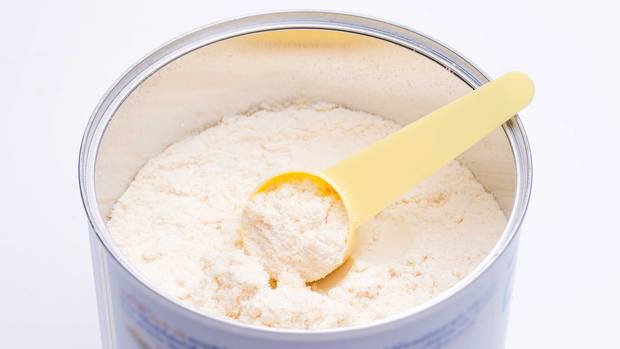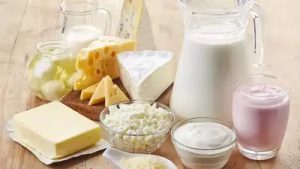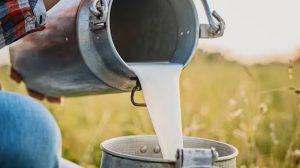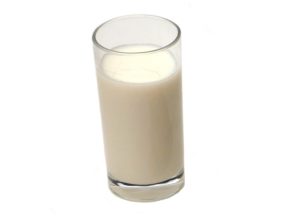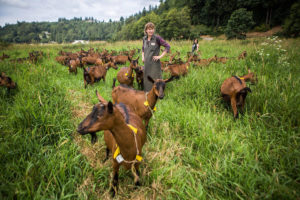In the last 10 February months, there have been nine surpluses and one deficit, according to Statistics New Zealand. Meanwhile, the record January deficit was adjusted higher to $948m, up from the previously reported $914m deficit.
In February, overall goods exports rose 8.3 per cent to $4.8 billion compared with the same month last year, while the value of total goods imports climbed 13 per cent to $4.8b, Stats NZ said.
Exports of milk powder, butter, and cheese climbed $263m to $1.3b last month, with milk powder spearheading the gains. Exports of milk powder alone rose $155m, or 28 per cent, bolstered by demand in China, Stats NZ said.
Lamb exports climbed to a record $391m last month, surpassing the previous monthly high of $367m reached in May 2019, as prices rose.
“Lamb prices peaked in October last year and remain at high levels,” Stats NZ acting international statistics manager Dave Adair said in a statement. “This is consistent with high lamb prices in the supermarket.”
Overseas appetite for lamb helped lift meat exports to a record $839m in February. The previous high for meat exports was $827m in March 2015.
In terms of imports, vehicles, parts, and accessories were the main contributors to the increase in February, rising $133m, or 27 per cent, to $634m. Cars were up $93m, or 36 per cent, from the same month a year ago.
“The value increase in cars this month is in part due to the discovery of stink bugs in four vehicle carriers in February last year, which meant car imports in that month were unusually low,” according to Adair. “Car imports recovered by the middle of 2018.”
“Higher car imports in 2019 may reflect another catch-up as we saw in the middle of 2018,” Adair added.


